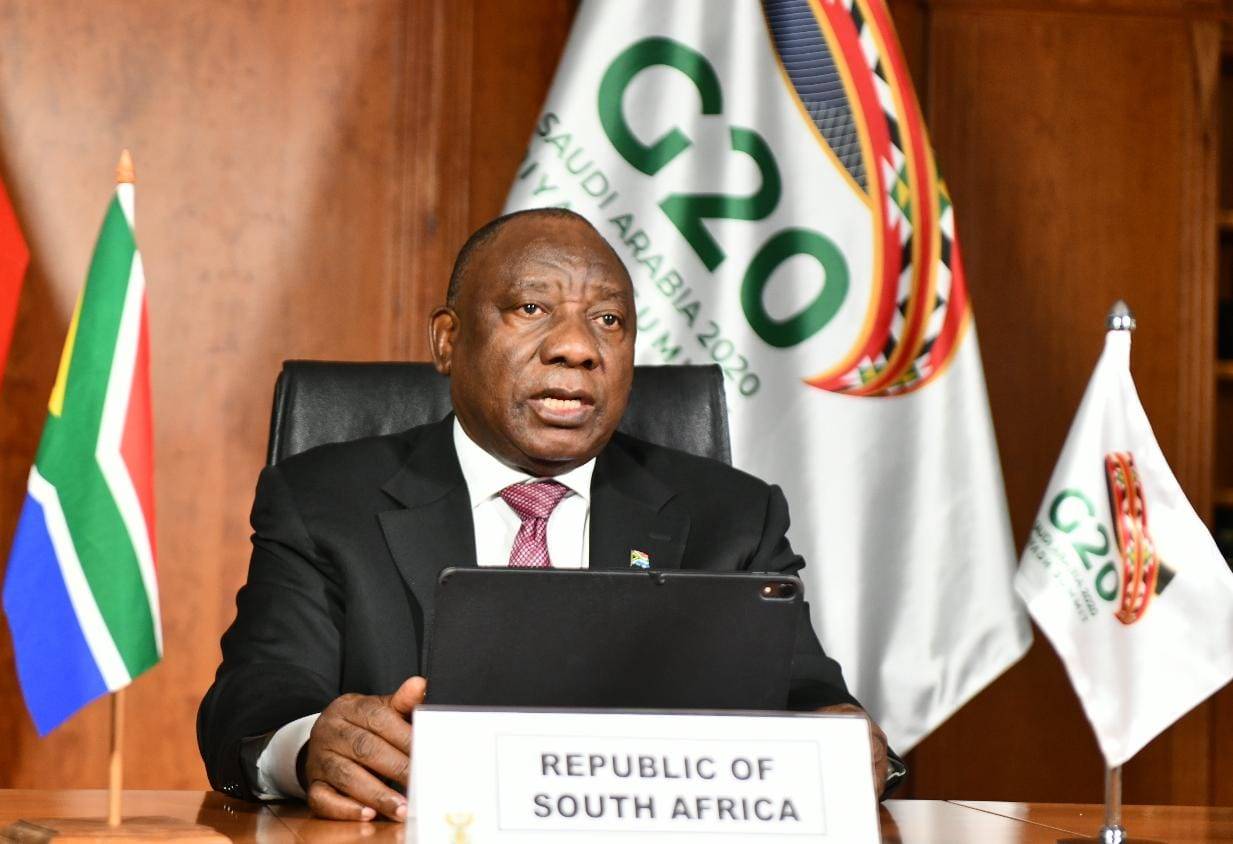South Africa’s G20 Presidency: A Historic Opportunity for Africa and the Global South
The assumption of the G20 presidency by South Africa marks a momentous occasion, not just for the country but for the entire African continent and the broader Global South. For the first time since the inception of the G20, an African nation will steer the agenda of this pivotal international forum. South Africa’s leadership offers a unique opportunity to amplify the voice of developing nations and tackle pressing global challenges through an inclusive and equitable lens. This article delves into the significance of South Africa’s presidency, the opportunities it presents, and the challenges it faces.

Understanding the G20: Its Role and Importance
The Group of Twenty (G20) is an intergovernmental forum comprising 19 countries and the European Union. Together, these members represent around 85% of global GDP, 75% of international trade, and two-thirds of the world’s population. Initially established in 1999 as a platform for finance ministers and central bank governors to address global economic challenges, the G20 gained prominence during the 2008 financial crisis when it was elevated to the level of heads of state and government.
Today, the G20 addresses a broad array of global issues, including climate change, sustainable development, health crises, digital transformation, and geopolitical tensions. The presidency rotates annually among members, providing each country an opportunity to shape the forum’s agenda and steer discussions on issues of global significance.
The Historical Significance of South Africa’s Presidency
South Africa’s presidency is particularly significant because it is the first African country to lead the G20 since its establishment. This milestone underscores the increasing recognition of Africa’s role in global governance and its growing influence in international affairs. For decades, Africa has been underrepresented in major global decision-making platforms, despite being home to over 1.4 billion people and abundant natural resources.
Under South Africa’s leadership, the G20 can become a platform to address the systemic inequities that have long marginalized the continent. It also offers a chance to highlight Africa’s potential as a driver of global economic growth and innovation.

Key Priorities for South Africa’s G20 Presidency
1. Promoting African Development and Integration
One of South Africa’s primary goals will likely be to advance the African Union’s Agenda 2063, which envisions a prosperous and integrated Africa. By leveraging the G20 platform, South Africa can advocate for increased investment in African infrastructure, technology, and human capital. Initiatives to strengthen the African Continental Free Trade Area (AfCFTA) will also be pivotal, as they align with the broader goal of boosting intra-African trade and creating a unified market.
2. Addressing Climate Change and Energy Transition
Climate change remains a critical issue for Africa, which is disproportionately affected despite contributing minimally to global greenhouse gas emissions. South Africa’s presidency provides an opportunity to push for greater financial and technological support from developed nations to aid Africa’s green transition. Additionally, South Africa can champion initiatives that prioritize renewable energy projects and climate adaptation strategies across the continent.
3. Health Security and Pandemic Preparedness
The COVID-19 pandemic exposed glaring inequities in global health systems, particularly in vaccine distribution. South Africa, having been a vocal advocate for equitable access to vaccines, is well-positioned to lead discussions on strengthening global health security. This includes advocating for increased funding for African healthcare systems and promoting the establishment of regional vaccine manufacturing hubs.
4. Advancing Digital Transformation
As the world becomes increasingly digital, bridging the digital divide is crucial for sustainable development. South Africa can use its G20 presidency to promote policies that enhance digital infrastructure, improve internet accessibility, and foster digital skills development across Africa. Encouraging investment in Africa’s burgeoning tech sector will also be a priority.
5. Reforming Global Governance Structures
South Africa’s presidency presents an opportunity to address longstanding calls for reforming global governance institutions, such as the United Nations, International Monetary Fund, and World Bank. These institutions often reflect the power dynamics of a bygone era, sidelining the voices of developing nations. By advocating for a more inclusive and representative global order, South Africa can help reshape these institutions to better serve the needs of the 21st century.

Challenges Facing South Africa’s G20 Presidency
While the opportunities are immense, South Africa’s presidency is not without challenges. The geopolitical landscape is increasingly fragmented, with tensions between major powers such as the United States, China, and Russia complicating global cooperation. Navigating these divisions while maintaining a focus on Africa’s priorities will require deft diplomacy and strategic leadership.
Economic constraints also pose a challenge. South Africa’s domestic economy has been grappling with sluggish growth, high unemployment, and energy crises. These internal issues may limit its ability to fully capitalize on the G20 presidency. However, they also underscore the importance of using this platform to attract international support and investment.
Another challenge lies in ensuring that Africa’s diverse voices are adequately represented. As the sole African member of the G20, South Africa bears the responsibility of acting as a bridge between the continent and the broader global community. Striking a balance between national interests and continental priorities will be essential.

Global Implications of South Africa’s Leadership
South Africa’s presidency has the potential to reshape the G20’s dynamics and priorities. By centering the needs of the Global South, it can foster a more balanced and inclusive approach to global problem-solving. Success in this endeavor could pave the way for greater representation of developing nations in international forums, setting a precedent for future presidencies.
Moreover, South Africa’s leadership could catalyze progress on critical global issues such as climate change, health security, and economic inequality. By fostering partnerships between developed and developing nations, it can help build a more resilient and sustainable global economy.
Conclusion
South Africa’s G20 presidency is a historic opportunity to amplify the voices of Africa and the Global South in global governance. By championing inclusive and equitable policies, South Africa can address longstanding systemic inequities and pave the way for a more just and sustainable world order. While challenges abound, the potential for transformative impact is immense. As the world looks to South Africa’s leadership, it is clear that this presidency is not just about Africa; it is about reimagining global governance for the benefit of all humanity.










